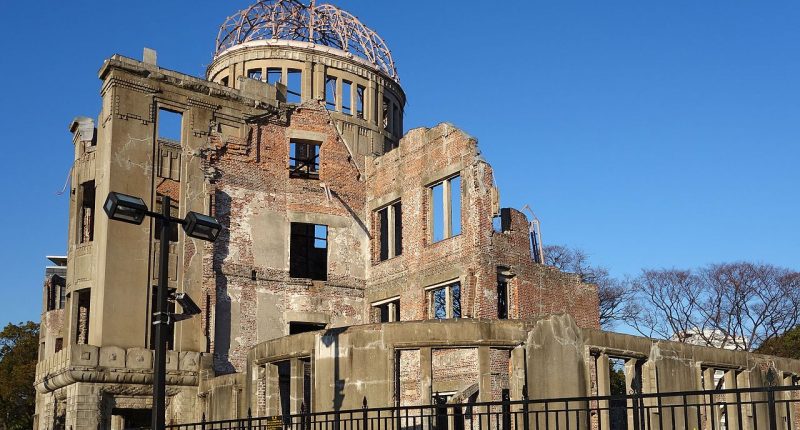The Hiroshima office of NHK – Japan’s national broadcaster – has apologized for a series of Tweets in the name of wartime residents that are now being seen as increasing discrimination against local Koreans living in the area.
The Tweets in question were based on the real life diaries kept by three former residents of the city living in the area at the end of WWII when Hiroshima became the first city in the world to have atomic weapons used against it.
And although the Tweets were based on the diaries of a 13-year-old local boy, a local housewife and a newspaper staff reporter working in Hiroshima in 1945, it was the diary of ‘Shun’ the 13-year-old that has caused problems.
Tweets made on June 16th, and again on August 20th by ‘Shun’ are timed five days after Japan’s defeat in WWII – on August 20th 1945 – with Shun claiming that his journey east to an area near Tokyo to escape the devastated city of Hiroshima was interrupted in Osaka by a gang of Koreans smashing train windows and rowdily announcing “We are citizens of a victor country! Get out, (people of) the defeated country!”
On Saturday in Japan, two days after the Tweets went out, this led to a number of protesters rallying outside NHK Hiroshima office using the online messages supposed to be from 1945, presuming social media had existed at the time, as reason to discriminate against Koreans.
In response, Japanese media is now reporting a number of calmer heads coming to the fore with one woman in her 30s reportedly saying to NHK that they “completely lacked awareness about the violent nature of the tweets, and the imagination to see what will happen in current Japanese society where discrimination is rampant if such posts are made.”
It was a message echoed by a man in his 50s who said Tweets like this “inadvertently contained the message that it is OK to reject Korean residents of Japan because some of them committed violence in the past.”
As a result, NHK on Monday this week acquiesced, admitting the broadcaster “lacked consideration.”
An apology posted online said NHK “did not pay full consideration to the possible reaction by a modern-day audience.”










